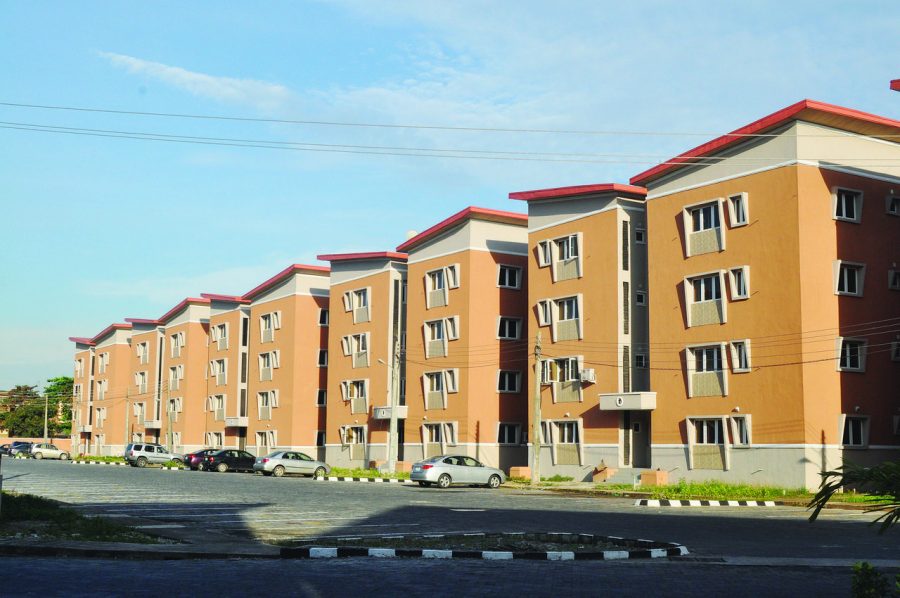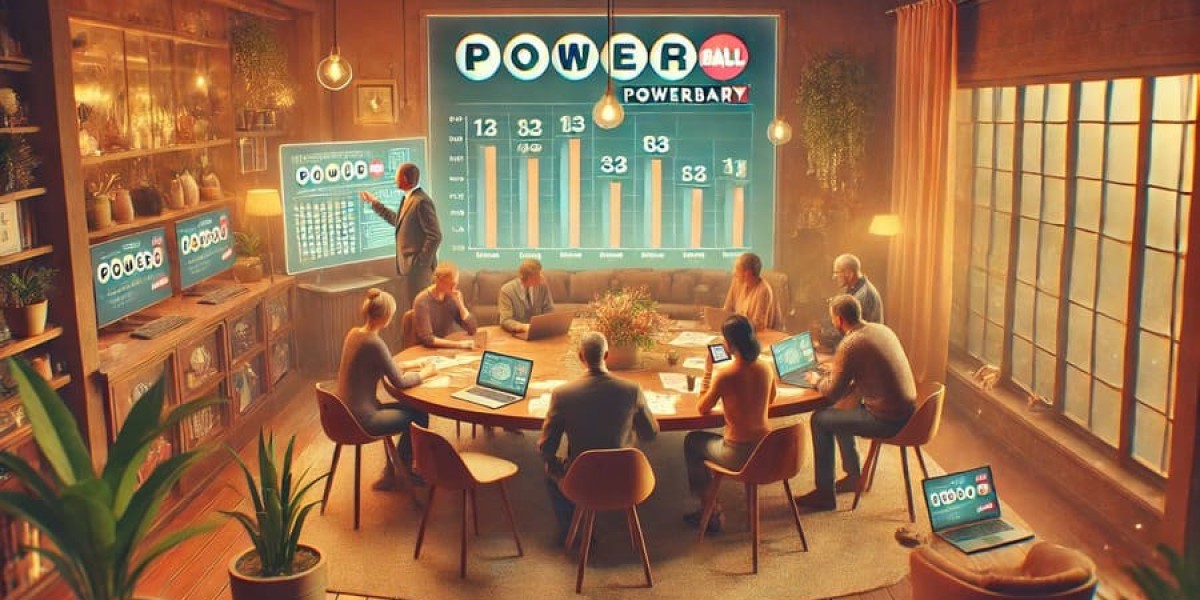Loans
Mortgagor vs Mortgagee
It is essential to know both sides of a mortgage.
In this post
Who is a mortgagor?
Who is a mortgagee?
Mortgagor vs Mortgagee: Key distinctions
How do mortgages work
Different types of mortgages
How to make an application for a mortgage
Final words
Check your credit rating
See your credit score in minutes. It's totally free, permanently.
Getting your own home is a great experience, however mortgages are often part of the parcel. Therefore, it is required to only select the best lending institution however to also meticulously go through the documentation. At the same time, you need to likewise comprehend the meaning of essential terms before going through with the mortgage contract.
Understanding the distinction between mortgagor vs mortgagee when securing a mortgage or mortgage guarantees you understand what you are entering into.
A mortgagor is a person or group taking out a loan to buy a home or any other property residential or commercial property.
Simply put, the mortgagor is the debtor or property owner in a mortgage loan arrangement, who has actually pledged the residential or commercial property in concern as collateral for the offered loan.

The mortgagee is the lending institution in a mortgage loan agreement. They represent the monetary organization providing funding to acquire a piece of property or refinance a mortgage.
A mortgagee can be a bank, mortgage pioneer, credit union, or any other financial institution that funds property purchases.
Mortgagor vs Mortgagee: Key distinctions
Here are the primary differences between mortgagor and mortgage

Mortgagor
Mortgagee
To protect a loan, the mortgage has to use to the mortgage
The mortgagee examines the loan application and chooses to approve or disapprove it accordingly. Individuals with a poor credit rating might get turned down or they might make an application for bad credit mortgage.

The mortgagor gives up ownership of the residential or commercial property and all relevant files throughout the period of the mortgage arrangement.
The mortgagee will take the offered residential or commercial property as collateral for the regard to the loan arrangement.
The mortgagor should pay back in timely instalments based on the terms of the mortgage agreement.
The mortgagee prepares the payment strategy and decides the rates of interest and all extra costs for the loan.

The mortgagor can get full ownership of the vowed residential or commercial property after the payment of the loan, along with interest and other related fees.
The mortgagee should move ownership of the collateral back to the mortgagee after the loan is paid in complete.
The mortgagor is bound to accept the choice of the mortgagee when loan is defaulted
The mortgagee makes clear conditions for loan default and deserves to foreclose the security in the occasion of a default.
How do mortgages work
A mortgage is a loan utilized to money a property purchase, whether it's a property or commercial residential or commercial property. The regards to a mortgage depend upon your credit report and previous credit report. If you pass through the limit for minimum credit rating for the mortgage, you might be able to get favourable loan terms and even get pre-approved for the mortgage.
Here are a few of the main features of mortgages and how they work:
While the mortgagee supplies money for the mortgagor to buy the wanted residential or commercial property, some mortgages may require payment of 10-20 percent of the total residential or commercial property amount as an upfront deposit. This is done to assess the mortgagor's present financial standing and to guarantee they can pay up the rest of the mortgage instalments.
The mortgagor is responsible for paying back the loan in addition to interest in the type of monthly instalments within a defined amount of time.
The life expectancy of a mortgage loan can vary. The time depends upon the instalment amounts, total loan quantity, rate of interest, and other factors too.
To secure the loan, the mortgagee maintains ownership of the residential or commercial property purchased for the duration of the mortgage agreement. If the mortgagor can not pay back according to the loan arrangement terms, the mortgagee can offer the residential or commercial property and use the recovered cash to recover their losses.

Different types of mortgages
Fixed-rate mortgage
Also called a conventional mortgage, a set interest mortgage is one where the interest payable on the mortgage is set from the start of the contract and remains the very same throughout the loan term. The instalment payment is likewise repaired.
But in some cases a set interest mortgage might only imply that the rate of interest will stay fixed only for a particular duration of time. After that, a brand-new, primarily greater, the set rates of interest will use.
Fixed-rate mortgages can make sure certainty and secure you from drastic increases in rates of interest. However, you can likewise miss out on a decline in the rate of interest.
Adjustable-rate mortgage (ARM)
Also referred to as a variable rate mortgage, an Adjustable-rate mortgage has a rate of interest that changes throughout the loan. If the loan provider's rate of interest increases, so will your interest rate. You will also take pleasure in a reduced rate if your lender's interest rate drops.
Several factors may influence loan interest rates in Australia, including:
Change in cash rate set by the Reserve Bank of Australia.
Increase in mortgagee's funding costs
Change in rival's rate of interest, which can likewise lead to your lender decreasing their rates also
Split mortgage
This kind of mortgage enables you to divide your mortgage repayment account into 2; a set rate account and a variable rate account. This in turn enables you to gain the benefit of both.
Interest-only loans
An interest-only mortgage enables mortgagors to pay back only interest on the amount borrowed for a particular period. During this duration, the principal quantity is not reduced. Once the period of interest-only repayments has expired, they will resume the typical payment of principal and interest.
Reverse mortgages
Also referred to as home equity loans, reverse mortgages are loans obtained versus the equity of a home. It permits homeowners to utilize the equity in their home as collateral for borrowing cash from a lending institution.

Under this agreement, the mortgagors will be granted a certain amount of loan versus the market worth of their home. The rates of interest is also lesser in contrast to other general individual loans since there is security present.
How to obtain a mortgage
1 - Submit an application
Much like an individual loan, if you want to apply for a mortgage, the first action is for the mortgagor to submit a loan application to the mortgagee. It is delegated the mortgagee to approve or disapprove the application based upon their own conditions.
2 - Wait on the approval of the application
The mortgagee will think about specific factors before the application can be approved which can include your credit report, credit history, financial obligation to earnings level, and housing expense ratio.
Even if the loan is ultimately approved, the housing expenditure ratio and the customer's financial obligation to earnings ratio will identify the optimum amount of credit that can be reached the mortgagor in addition to the rates of interest.
3 - Review and accept the terms and conditions of the loan
Once the application is approved, the mortgagee needs to consent to the terms and conditions put down in the mortgage contract.
The terms of mortgage contracts differ according to mortgagees. Some of the terms you can anticipate to see are the loan repayment schedule, payment duration, rate of interest, and the time of loan delinquency before loan default occurs.
The contract might likewise outline the residential or commercial property title and the mortgagee's lien on the residential or commercial property you used as collateral.
Final words

As the customer, you need to look around and pick the mortgagor thoroughly. Read through the terms of the mortgage arrangement and guarantee you can manage it before signing any files.
Your credit history and credit report are very important elements to be thought about by the mortgagee throughout your loan application.
With ClearScore, you can check your totally free credit reports and examine credit rating to identify your mortgage loan eligibility. Have a look.






